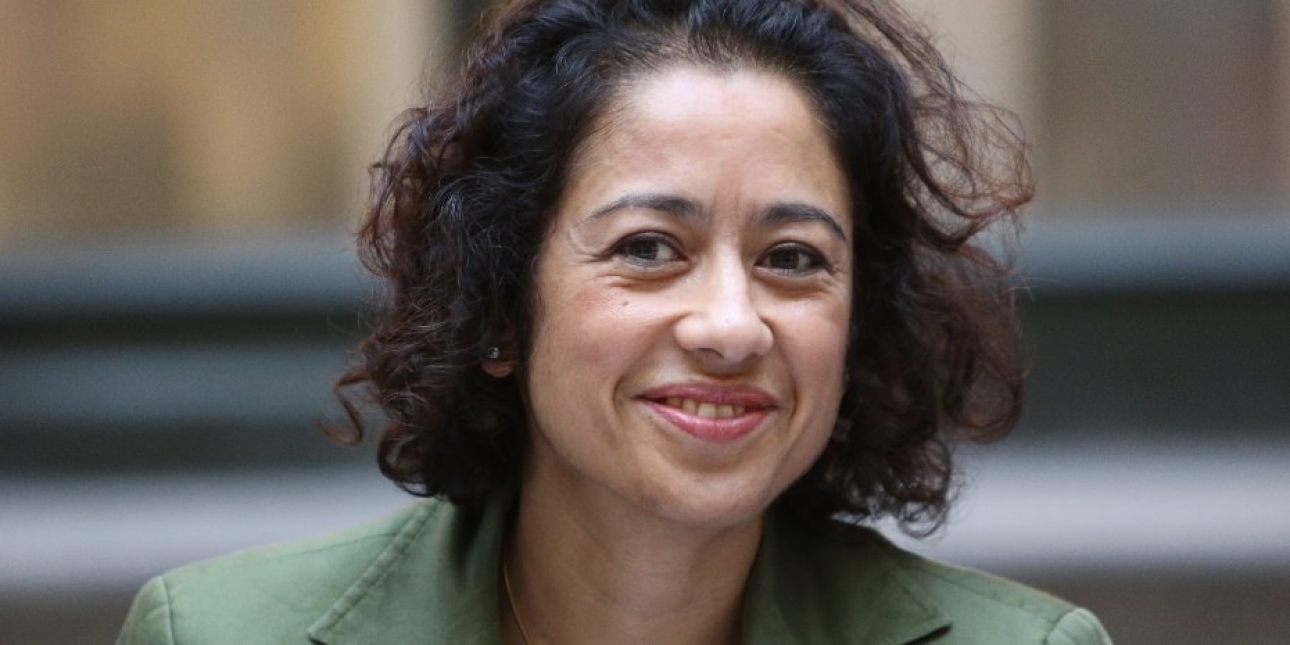PUBLIC RELATIONS
Tuesday 21st January 2020
Gender pay: BBC controversy highlights reputational risk
It could one day end up as a PR case study: an organisation which prides itself on its progressive credentials and has been known to lecture its audiences on diversity and equality issues loses a discrimination case brought against it by one of its own employees.
The damning unanimous verdict is that the organisation deliberately paid a woman doing equal work to her male colleague, an eye- watering amount less (nearly £700,000 over some years) and that this was a breach of equal pay legislation.
I am of course referring to the BBC and the recent victory of Samira Ahmed in the employment tribunal. We’ve since learnt that another presenter Sarah Montague won a similar case last year and now Tony Hall, the director general of the BBC is to step down, an acknowledgement of the precarious situation the institution finds itself in.
The latest gender pay controversy is not only a huge source of embarrassment for the BBC but has spawned numerous other complaints of the same nature and provided confidence to those considering their own action against the BBC.
This potential tidal wave of litigation is likely to result in a significant bill for legal advice and settlements when the budget is under huge pressure. So how did one of the world’s finest media organisations find itself in the middle of such a PR disaster, how can things be put right and what are the lessons for those who may face something similar?
It all started in 2017 when it was revealed that only a third of the BBC’s top earners were women. Unsurprisingly there was shock and outrage when some female presenters realised that the male counterparts they literally shared a cosy sofa with were earning significantly more. An open letter by the women to their boss Tony Hall, demanded that something was done about it, without delay.
The seeds of the BBC’s current reputational issues can perhaps be traced back to this moment. While Tony Hall commissioned a review – which went on to confirm that the gender pay gap at the BBC was 9.3% - he did not take immediate action. He pledged to close the gender pay gap in three years time, in 2020, but he publicly insisted that the BBC wasn’t the worst offender and that the BBC was doing better than others.
While this might be seen as an attempt to buy time in what was undoubtedly a complex scenario, this perceived lack of urgency on the part of the top dog enraged those who were affected - far from pouring oil on troubled water he lit the touchpaper.
By the time Carrie Gracie, the female China editor resigned in January 2018, claiming that there was a “secretive and illegal” pay culture at the organisation, the BBC was well and truly on the back foot. Other female journalists rallied around Carrie Gracie and publicly expressed their support for her – something which clearly kept the story running as it started to look like an all out rebellion.
And now, Ms. Ahmed has won her case and the employment judge’s stinging criticisms of the BBC’s defence is splashed all over the news, guaranteeing that the equal pay controversy remains a stain on the character of this august institution.
So how can the BBC move forward and limit further reputational damage?
First, it needs to start pulling the issue back behind closed doors so, don’t appeal the definitive employment tribunal decision and do everything possible to avoid litigation by other employees. Settling cases will be expensive but, it is a price that needs to be paid.
The minute a dispute between employer and employee sees the inside of a courtroom it becomes public and newsworthy. Evidence will be given in public and reported as will any compromising documents referred to during proceedings, dirty linen will be aired and inevitably this will be embarrassing and damaging.
Second, preventing litigation by aggrieved individuals requires a conciliatory approach. It won’t be the case in all situations, but here the BBC is clearly bang to rights, so it needs to acknowledge that things haven’t been done correctly in the past and move very swiftly to put them right.
Rather than expending resources fighting against its own workforce it needs to start building bridges. The damage that not saying sorry can do was demonstrated by Jeremy Corbyn in the recent general election, a public apology costs nothing and can go a long way to restoring goodwill. By taking a softer approach, showing humility and acknowledging the problem, the BBC may be able to start taking the heat out of the situation with its staff.
There are signs that the BBC is, belatedly, starting to realise this. In a statement released after the latest tribunal decision it said, “...we want to work together with Samira to move on in a positive way”.
A good starting point would be to get a full grip on the chaotic and opaque pay structures which allowed such an equal pay problem to develop in the first place and, when it has done so, be open about how pay is set.
As the BBC example shows, failing to recognise the reality of a situation early on means an employer will be forced to react to developments rather than getting itself ahead of the story.
A failure to grip matters allows them to spiral out of control. Kicking a major issue like a widespread legal breach into the long grass rarely works. As soon as something like that becomes known internally, for example, when an employee raises a grievance, management needs to start working with PR to formulate a strategy and a planned response, to be activated in the worst case.
Antonia Welch is a freelance PR specialising in the legal sector. www.welchpr.co.uk.
Image courtesy of flickr user Foreign & Commonwealth Office via CC2.0.
